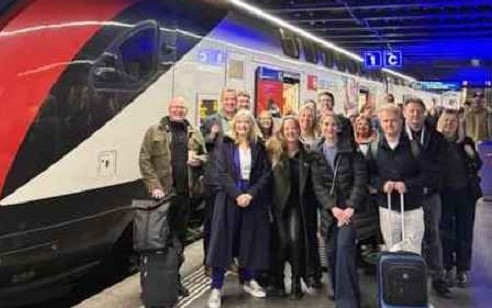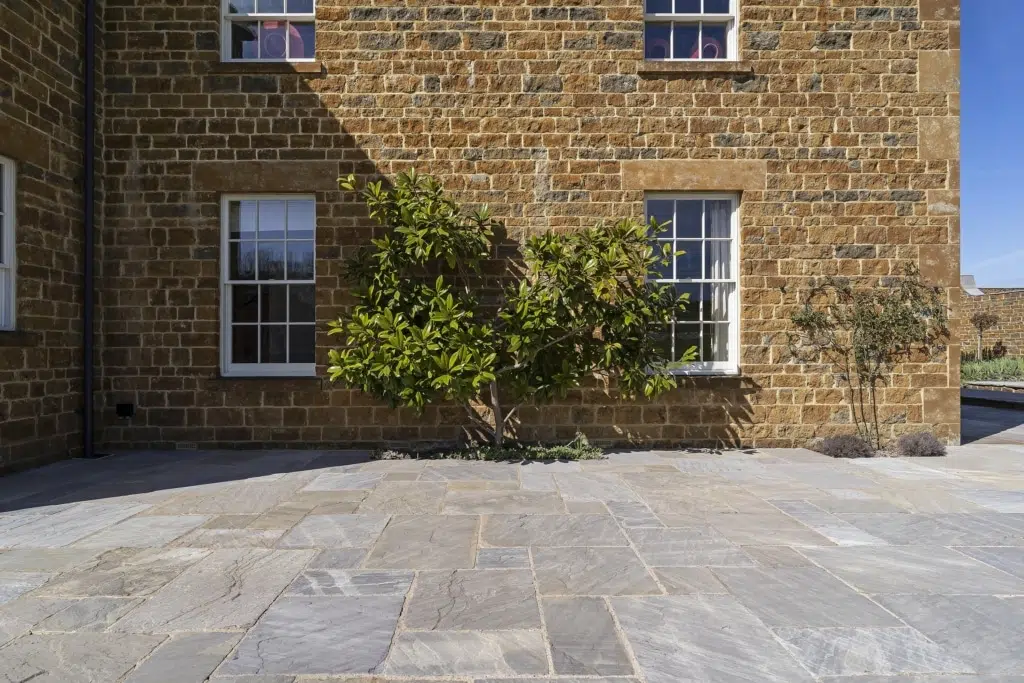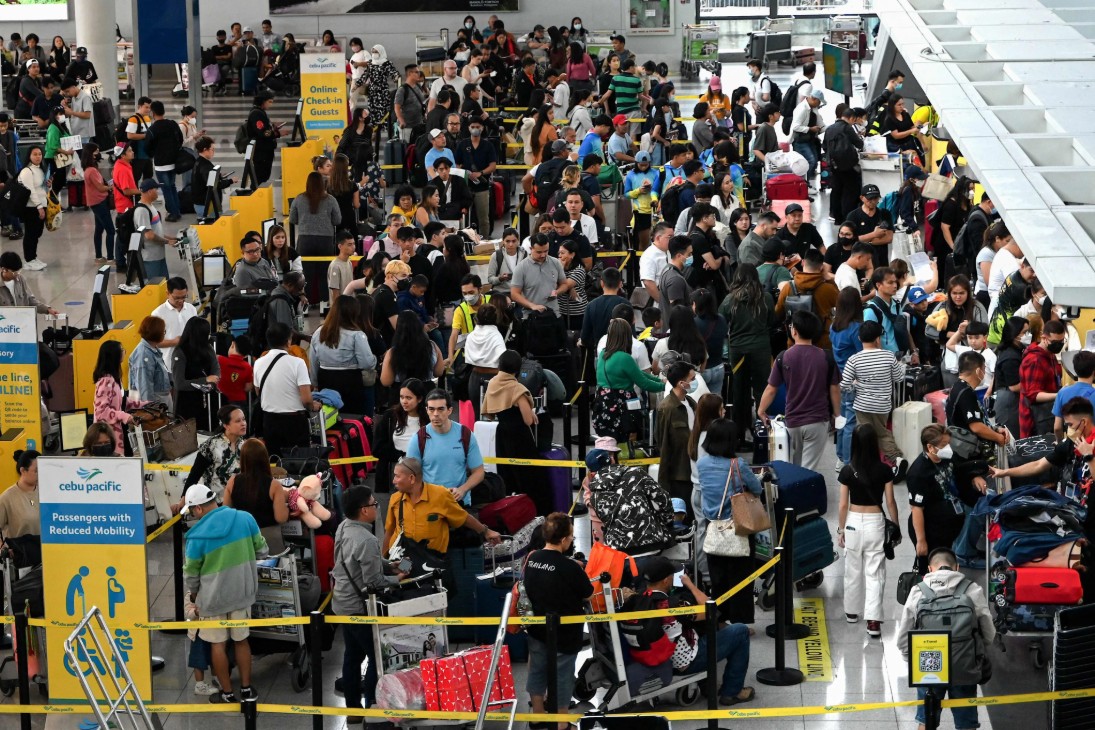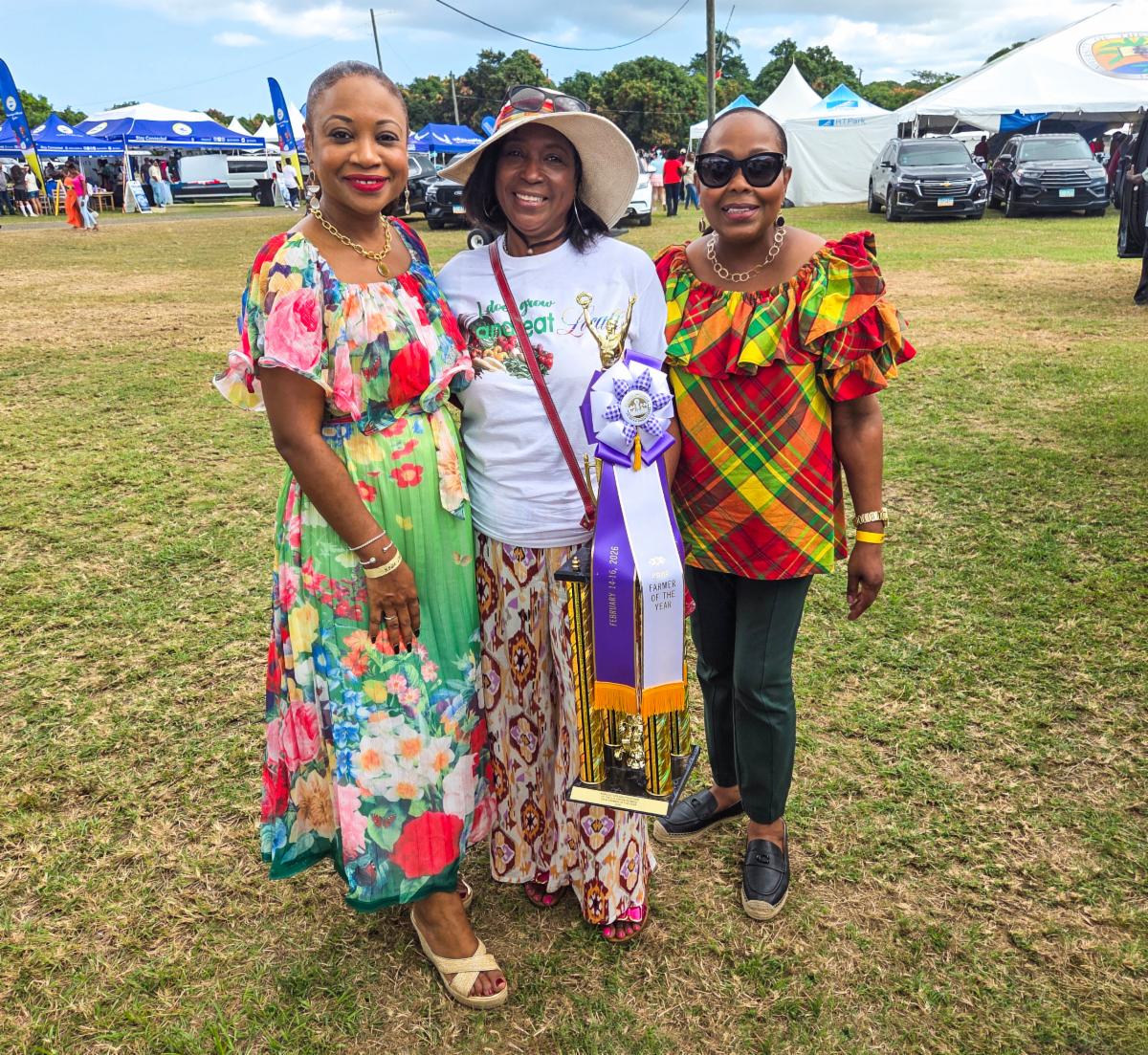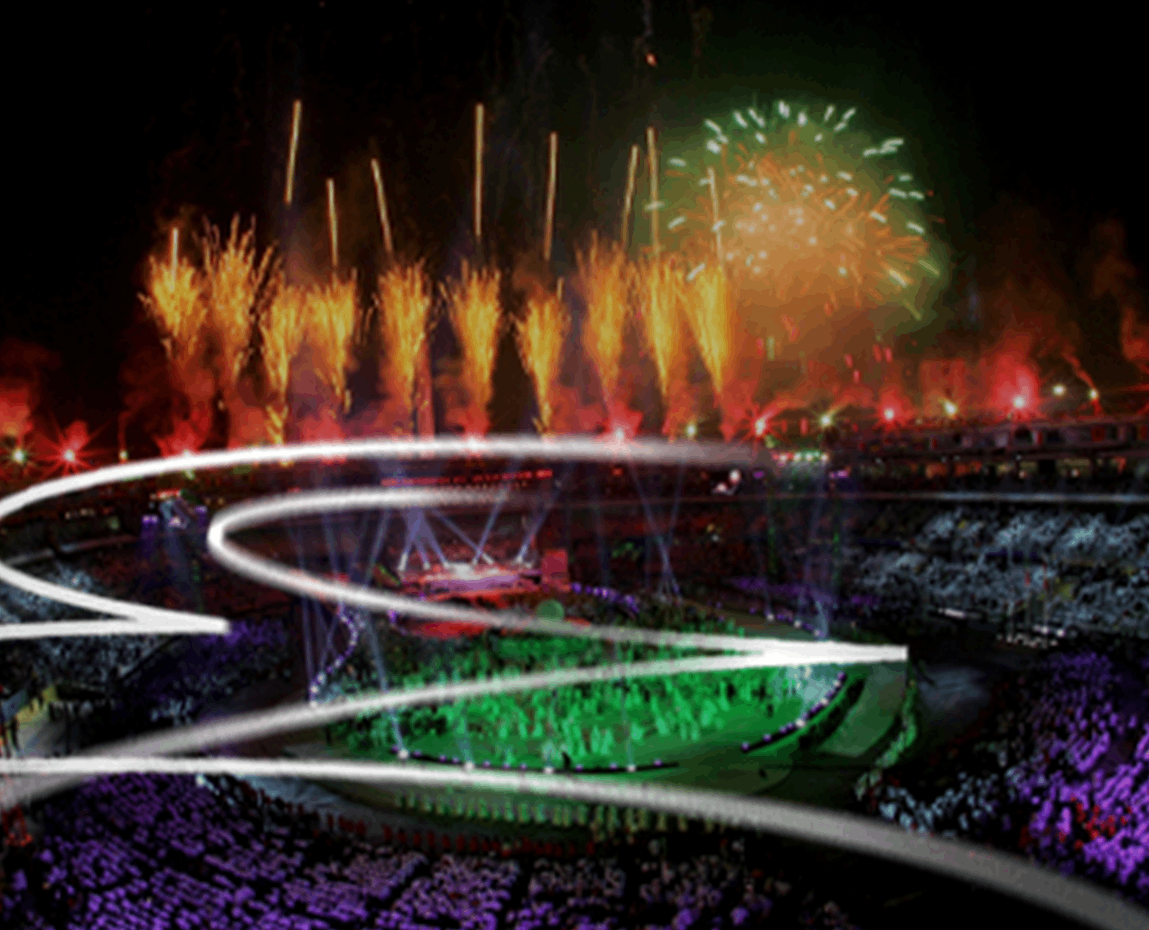Archbishop Bernard Longley, Archbishop of Birmingham, undertook a deeply enriching visit to the Gurudwara and Nishkam Campus, an event that highlighted interfaith collaboration and shared values of community service, education, and spiritual reflection.
The archbishop’s itinerary included visits to important community institutions, each showcasing the ethos and commitment of the Nishkam Group of Organisations and then an opportunity for a discussion with Bhai Sahib, Prof Mohinder Singh OBE KSG and representatives of the Nishkam Campus. At the heart of the visit was the Gurudwara Sahib, a place of worship known for its serene atmosphere and emphasis on selfless service (‘sewa’).
Archbishop Longley saw the congregation in prayer and appreciated the universal values of love, humility, and service that underpin Sikh teachings. The Langar (community kitchen), where over 25,000 vegetarian meals are prepared and served to all visitors on a weekly basis, regardless of background, was a poignant reminder of the Gurudwara’s commitment to equality, service and generosity.
The two leaders engaged in meaningful dialogue, focusing on the importance of interfaith understanding and cooperative efforts to address societal challenges. Bhai Sahib Ji shared insights into the Gurudwara’s extensive charitable initiatives and the role of faith in fostering unity, peace and compassion.
As founding, established and long serving members of the Birmingham Faith Leaders Group, the Archbishop and Bhai Sahib Ji were no strangers, and this was evident from the strong bond between the two. The archbishop’s visit was on the day the Gurudwara Sahib commenced its bi-annual eleven-day prayer programme for world peace and the welfare of all humanity on the morning of 21st December 2024.
The visitors also witnessed the sangat (members of the congregation) praying together in the Dome Darbar. This was part of the monthly 24 hours of continuous Nitnem Prayers – the reciting of the Sikhs’ morning prayers.
A trip to Marg Sat Santokh (MSS) the community cooperative created an opportunity to see ‘making work worship’. The specialist, artisan timber and joinery enterprise, epitomises how values are inculcated into manual work for the greater benefit.
Archbishop Longley met with Harpal Singh, Infrastructure Director, who shared the vision and Master Planning process that underpins the regeneration of the locality. This then led to a tour of the new Nursery building being created in record time to relocate the existing provision to a new location.
His Grace witnessed firsthand the pioneering model of ‘kar sewa’ (collectively coming together to serve the Creator and the Creation on joint projects). It also highlighted an education framework that blends academic excellence with spiritual and moral development.
This values-based education approach not only fosters academic growth but also emphasises character building and community responsibility. The discussion also highlighted the Nishkam community’s commitment to supporting educational initiatives beyond the UK, including their impactful work in Kenya to provide access to quality education, serving meals, providing infrastructure and furniture for underserved communities.
A project in Kenya that will bring the two faith traditions closer together, was the work the Nishkam Group was undertaking in Kericho County with the Catholic Archdiocese and St Patrick’s Church. This was something the archbishop was keen to learn more about and see how a collaborative approach could be pursued.
The visit concluded at the Nishkam Centre, a hub for social innovation and community outreach. Archbishop Longley explored its programs, which range from interfaith dialogues to initiatives addressing social justice and environmental sustainability.
The Centre’s holistic approach to community building resonated deeply with the archbishop’s vision of faith-driven societal transformation. A visit to the Nishkam Centre would be incomplete without seeing the Values Revolution Exhibition and to visit the Community Jubilee Archway project.
Bhai Sahib Ji, then presented the Archbishop and Pat with Peace Charter scrolls. The archbishop also reminded everyone of the vital role of ongoing Sikh-Catholic dialogue, which had deepened mutual understanding and cooperation between the two faith traditions, enriching the broader interfaith landscape.
It was envisaged by all that in 2025 there would be more opportunities created for closer collaboration on shared objectives. Archbishop Longley thanked Bhai Sahib Ji and commented the visit had been a testament to the power of faith communities working together for the common good.
He was inspired by the Nishkam community’s unwavering commitment to service, education, and spiritual growth. He concluded that it was a joy to see such vibrant expressions of faith in action.
After the visit, Bhai Sahib Ji, reflected: “The visit underscored the shared mission of different faith traditions to serve humanity and foster peace.
“It reaffirmed the importance of building bridges between communities to create a more harmonious and compassionate society. The emphasis on the importance of interfaith dialogue, the significance of the Birmingham Faith Leaders group and collaboration.
“We need to create more opportunities in fostering unity among diverse faith communities in the city, enabling collective action on issues such as social justice, peacebuilding, values development, education, poverty alleviation, and community cohesion.”




